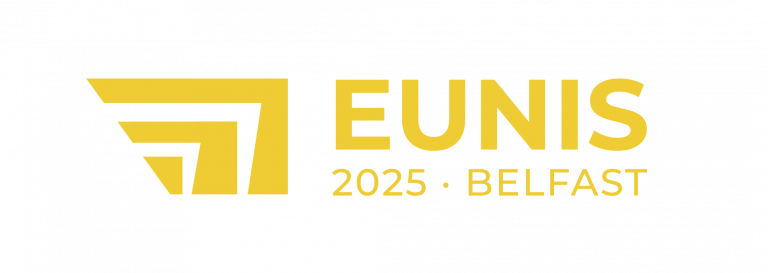We invite contributions that explore advancements in research, cutting-edge solutions, best practices and forward-looking strategies in the following 3 tracks:
1. Learning, teaching and research
Learning design
- Designing and supporting learning in physical, virtual and hybrid space
- Rethinking assessment practice: adaptive, authentic and inclusive assessment
- Role of AR/VR and metaverse technologies in immersive educational experiences
Student-centric innovation
- Empowering students through personalised learning pathways and AI-driven guidance
- Supporting student mobility and success for an evolving learner demographic
- Developing digital and verifiable micro-credentials to enhance graduate employability
Transforming academia: generative AI, employability and entrepreneurship
- The intersection of education and entrepreneurship: fostering innovation in students’ activities
- Equipping learners for the future through practical learning and real-world employability skills, tailored for careers in industry or research
- Exploring generative AI’s role in curriculum adaptation, content personalisation and creativity
2. Governance, policy and institutional strategies
Trust and ethics
- The trust-issue: The role of higher education institutions in the VUCA (volatility, uncertainty, complexity and ambiguity) world
- Governance models, managing digital infrastructure and ensuring digital sovereignty in higher education institutions
- Policies for security, data protection and digital ethics in a rapidly evolving landscape
International collaboration and open science
- Strengthening research collaboration by pooling resources and expertise across institutions
- The potential and challenges of European Higher Education Alliances
- Open science as a pillar of research transparency and collaboration
Workforce, inclusion and community development
- Balancing global reach with local community impact
- Empowering academic staff with digital skills for the future
- Ensuring equity, diversity and inclusion in access to resources and opportunities across institutions
3. Information systems and digital transformation
Advanced technologies for higher education operations
- Design, development and deployment of sustainable information systems in HEIs
- Cloud management solutions and their implications for scalability and security
- AI-driven systems for internal management, predictive analytics and optimisation
Infrastructure and AI-powered tools for research
- Managing research data with a focus on FAIR principles, aligning with national and EU initiatives, and leveraging AI for data analysis
- Building organisations and communities for Research Software Engineering, Research Data Stewardship, Data Analytics and AI
AI: applications, risks and opportunities
- Generative AI in information systems: content creation, process automation, deployment of chatbots and virtual assistants to enhance student services and staff workflows
- Sustainability, risks and ethical considerations when integrating AI into HEI infrastructures
- Smart campus solutions powered by AI for resource management and student engagement
Enterprise architecture
- Towards a Europe wide set of higher education reference architecture
- Strategic approaches to digital workflows: achieving efficiencies and addressing trade-offs
- The integration of generative AI in academic enterprise architecture
Standards, security, and interoperability
- Sustainable IT standards and strategies for interoperability across systems and platforms
- Information security practices and their role in safeguarding HEI data and operations
- Identity and access management solutions for secure and seamless user experiences
Business intelligence and benchmarking
- Case studies and best practices in benchmarking HEI performance
- Leveraging business intelligence tools for data-informed decision-making
- Experience reports and trends in technology adoption and its impact on institutions
Submission details
We welcome submissions in various formats, including:
- Research papers
- Case studies, experience reports and short papers
- Conceptual frameworks, experts perspectives or leadership insights
- Innovations and demonstrations of new technologies
Important dates:
- Submission Deadline: 24 February 2025
- Notification of Acceptance: 24 March 2025
- Revision Deadline: 14 April 2025
